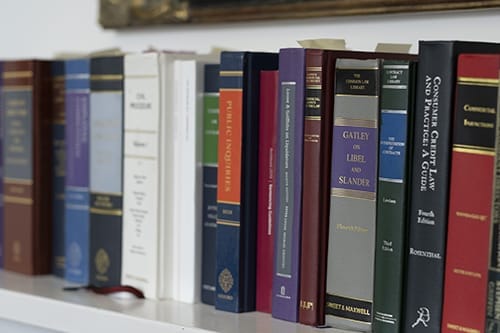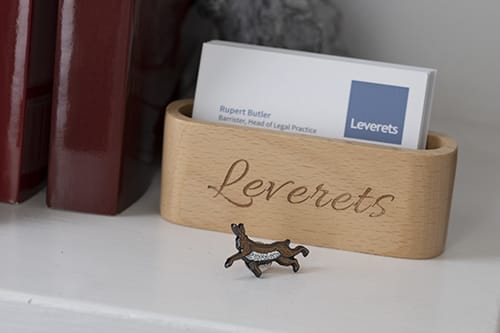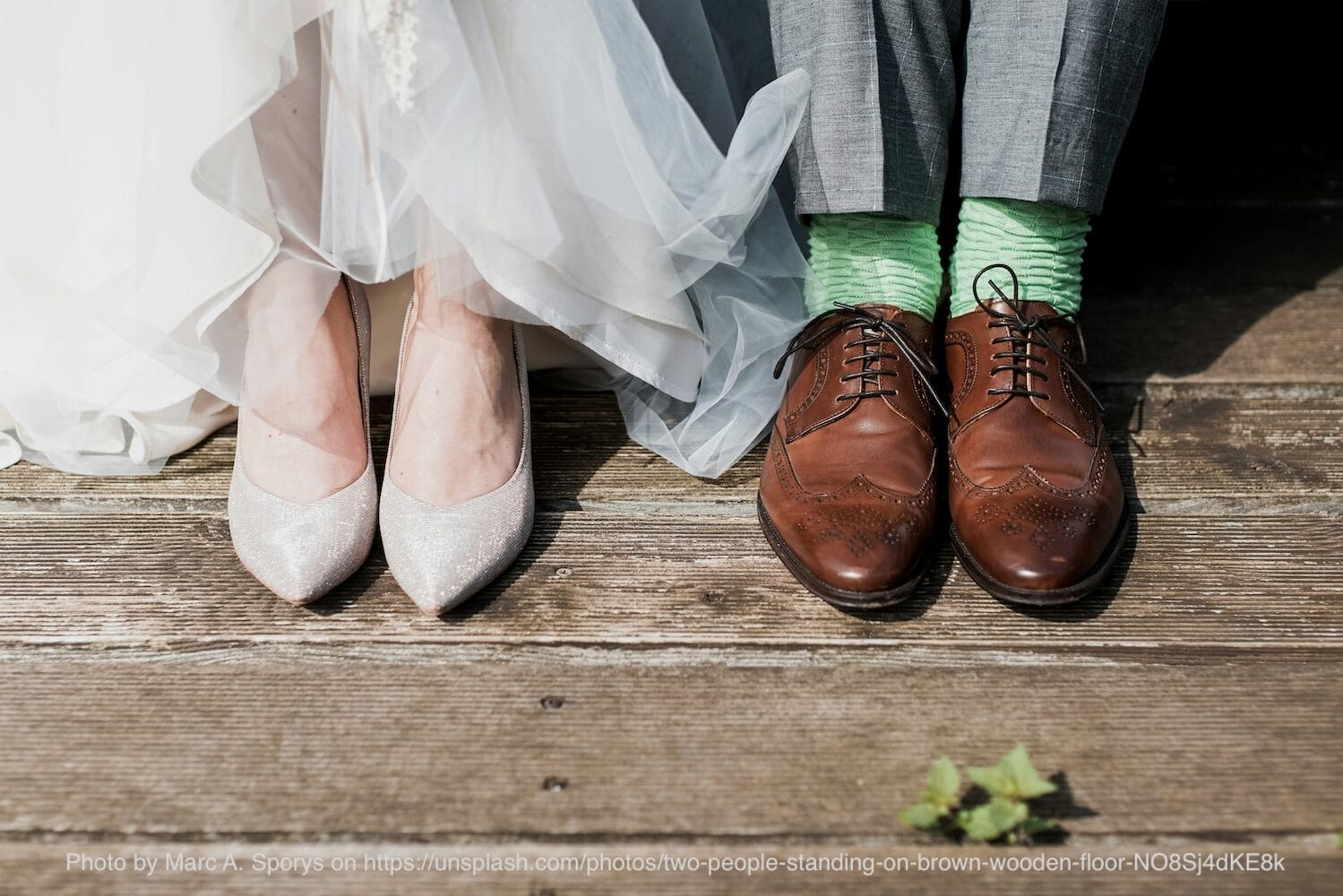The Kids Company saga was one of the most remarkable and high profile controversies in a period when troubled children and young people were being let down by the authorities.
Inspired and founded by Camila Batmanghelidjh, Kids Company won widespread acclaim from politicians, the media and a range of celebrities alike through its innovative and sometimes radical ways of working across London and other major cities.
No child in need was ever turned away but given respect and the individual support he or she required. As a result Kids Company was widely lauded as a highly successful, innovative, and valuable charity achieving amazing charitable objectives. This was largely due to the leadership of Batmanghelidjh herself, a uniquely distinctive personality who raised £164M for the charity over a period of 20 years.
Nonetheless, because of its exceptional achievements Kids Company also had its detractors who were unsympathetic to its way of operating. They responded by inventing bizarre myths which were swallowed by some of the press.
But some of the mud stuck and the effect was compounded by financial difficulties arising from a clumsy mishandling of grants in Whitehall in the aftermath of the 2015 election. The final straw was the cynical circulation of groundless allegations of sexual abuse. The messy result was that the Board of Trustees and Camila Batmanghelidjh herself faced a challenge by the Official Receiver under the Company Directors Disqualification Act. Had she and the Directors been convicted the consequences (financial and in terms of reputation and status) would have been devastating for all involved.
As the CEO of Kids Company Batmanghelidjh faced a particular challenge to refute the allegation that she was a Director of the company and to establish instead that she was an employee subject to supervision by a (highly capable) trustee board. In a nutshell, because she was exceptionally talented it did not follow that she was a Director of the organisation.
That was the argument which Leverets had to win during a 10-week trial in which the Official Receiver attempted to stack the evidence against her. This involved deploying a huge volume of (often) irrelevant material in order to oppress her (and the other defendants) into submission.
Unable to get easy access to the primary books and company records the Leverets team needed to be nimble and imaginative in using technology to compensate for its disadvantaged position.
This was compounded by the unprecedented circumstances of the Covid 19 pandemic which meant that the case was conducted through the extensive use of technology (at a cost of an additional £700,000). This ranged from hybrid in-person and remote technological assistance along with live transcription through to electronic bundles, remote witness attendance and live documentary evidence presentation on screens spread around the court. Added to that, the judge, Mrs Justice Falk, was forced to self-isolate on two occasions and so ‘attended’ court remotely from home.
A further complication was the need to maintain confidentiality for the children who had benefited from their involvement with Kids Company. In this context Leverets brought on board and worked with specialist lawyers who dealt with the confidentiality issues surrounding the children’s information. To her credit, Batmanghelidjh adopted a ‘zero tolerance’ approach to using the children’s information in order to strengthen her own case.
Without access to documentary evidence, clever drafting was required to put together robust witness statements in Batmanghelidjh’s defence and demonstrate that she was not a de facto director of the company.
Presenting and maintaining a united front among all the defendants, including some very strong characters, was the key to success. The outcome was a complete vindication of Batmanghelidjh’s role as an exceptional CEO of a charity operating successfully at the margins of society but without central government funding and doing the job which should have been the responsibility of local authority social services.
So overwhelming was the case made by Leverets that Mrs Justice Falk was moved to observe that charities had been wrongly deprived of the services of the Defendants for over five years because of the action brought by the Official Registrar.
But there were also wider implications of the case in highlighting the potential risks for charities and the not-for-profit sector generally. In short, the type of corporate governance which the Official Receiver was attempting to impose would have made it impossible to ask volunteers to accept the risk of working unpaid and delegating day-to-day functioning to the executive team.
In this landmark case Leverets had shown how immense attention to detail, the effective mobilisation of technology and the involvement of a range of specialist skills could produce, against the odds, a striking victory.
Download the final judgement in Word or PDF format.
Download the press summary in Word or PDF format.
UPDATE: Camila was on BBC’s Women’s Hour last week discussing the case. You can listen to it on iPlayer.







